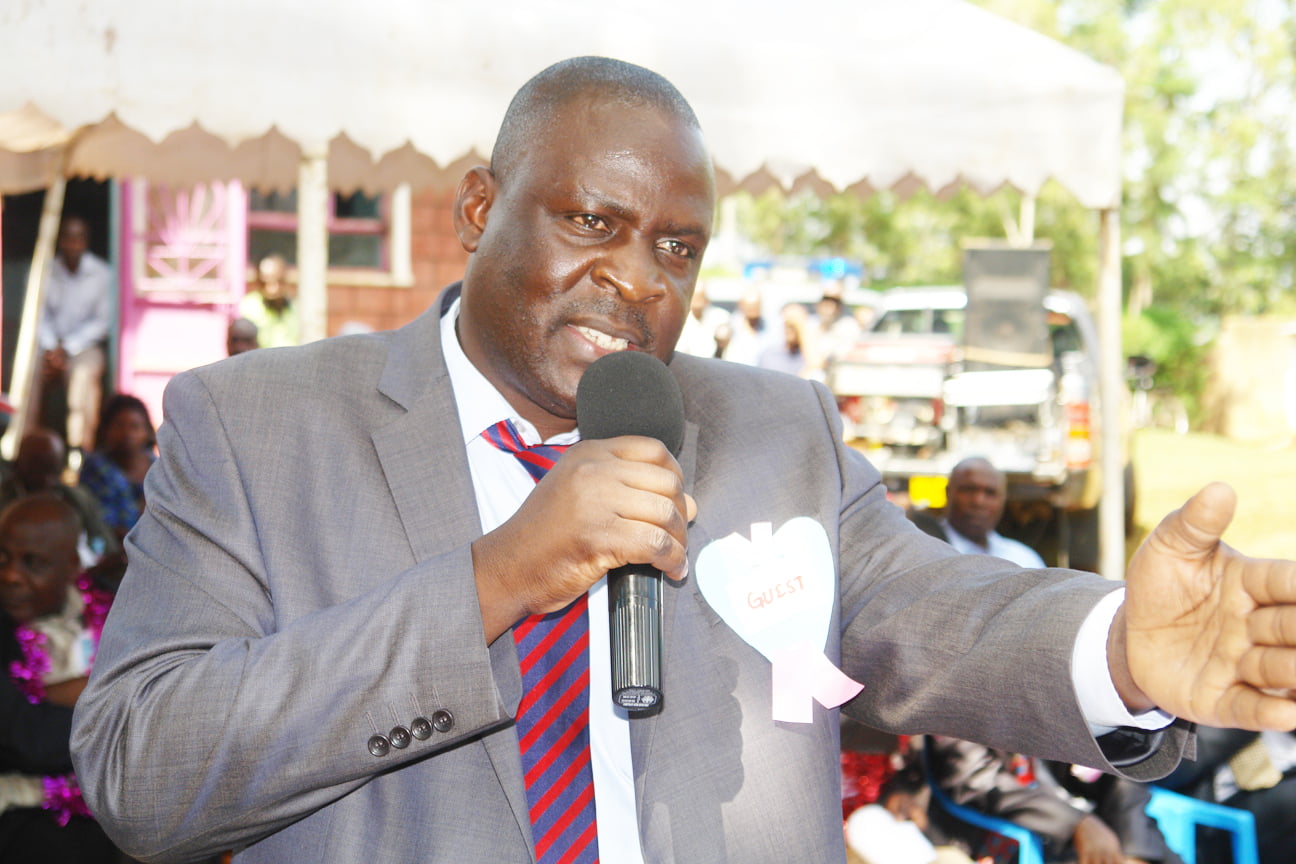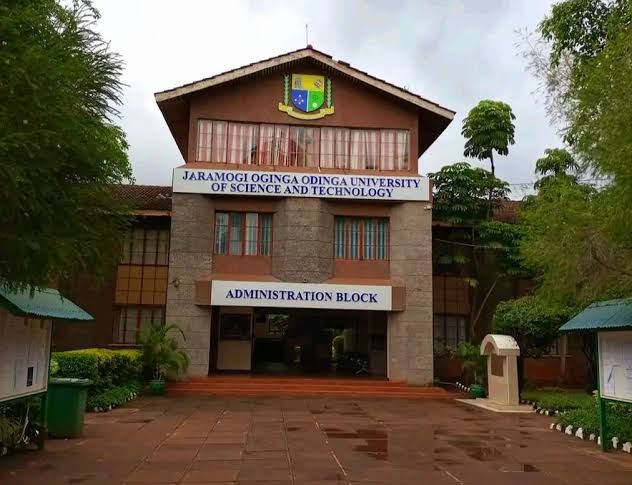By Education News Reporter
Once Parliament endorses Ezekiel Machogu as the new Education Cabinet Secretary, ahead of him lies a lot that needs to be sorted out.
Not only is it one of the ministries allocated the largest budget in every financial year but it also captures the aspirations of many millions of Kenyans as its role in shaping the future cannot be underestimated.
Top of the agenda is the controversial Competency Based Curriculum (CBC) which has brought with it confusion in the education sector.
Parents, teachers and other education stakeholders are waiting with bated breath on the next course of action after President William Ruto promised to form a task force to review the same.
Consequently, the immediate Nyaribari Masaba MP will be required to give his terms of reference, which must resonate well with the Government.
To abolish, review or revert to the 8-4-4 system are among some of the expect outcomes of the task force.
In case it is retained, where to be domiciled is one of the issues that must concern the new CS.
Another issue is the acute teacher shortage that has bedeviled the education sector for many years. How to handle it remains a top agenda for Mr. Machogu.
For one, there are more than 300,000 qualified but unemployed teachers in the country.
President Ruto promised to absorb them into the Teachers Service Commission’s payroll within two years.
First, he promised to employ about 58,000 teachers when elected and then 50 per cent of the remaining teachers in the first year and the rest in the second year.
With a dimming global and local economy and reports that the Government is using 63 per cent of the revenue to service its loans, raising the budget to employ teachers will be a tough call.
In addition, a number of public universities are facing financial challenges and this is where the leadership of the CS will be required to come out strong and lead the way.
Many have called on the institutions to explore ways to raise generate revenues as Government funding is seen as never enough.
Futher, Teacher Training Colleges have dilapidated infrastructure and Machogu will have to brainstorm on the best possible way to deal with the issue.
Following the Government’s 100 per cent transition, schools, notably secondary schools are facing congestion.
Though the government has put up additional classrooms and dormitories, the infrastructure cannot match the rising student population.
Besides, there is also the ever increasing demands from teachers through their unions.
He will thus have to undertake a tough balancing act to ensure that the teacher unions notably Kenya National Union of Teachers (KNUT) and Kenya Union of Post Primary Education Teachers (KUPPET) are kept in check throughout his tenure.
Next is the delocalization policy which saw a number of teacher unions protest against it.
Since the start of the policy, thousands of school heads, deputies and senior teachers have been deployed to work outside their home counties.
This caused uproar with the affected saying it disrupted their lifestyles.
During his campaigns, President Ruto promised to end teacher delocalization and compensate those affected.
The Teacher Performance and Appraisal Development (TPAD) was another issue that saw KNUT protest over its introduction.
According to the Commission, the programme was meant to equip the teachers who have to pay in order to attain it.
On this the President said that the Government would finance the programme.
However, some argue that this was a move by the Commission not to promote teachers who had acquired higher education, hence the shift.
The President also promised to construct an additional technical and vocational training institutions in the remaining 250 wards, a move aimed at equipping the youth with technical skills.
He also promised to introduce the free school feeding programme in public schools to improve the retention of children in schools.
Subsequently, his job is well cut out and fitting in will depend how prepared he is.
Every single decision and move made when he is given the green light will be interpreted as the Government’s move.
As a result every single action will be subjected to public scrutiny and how to handle it will either make or break the future of education in the country.






